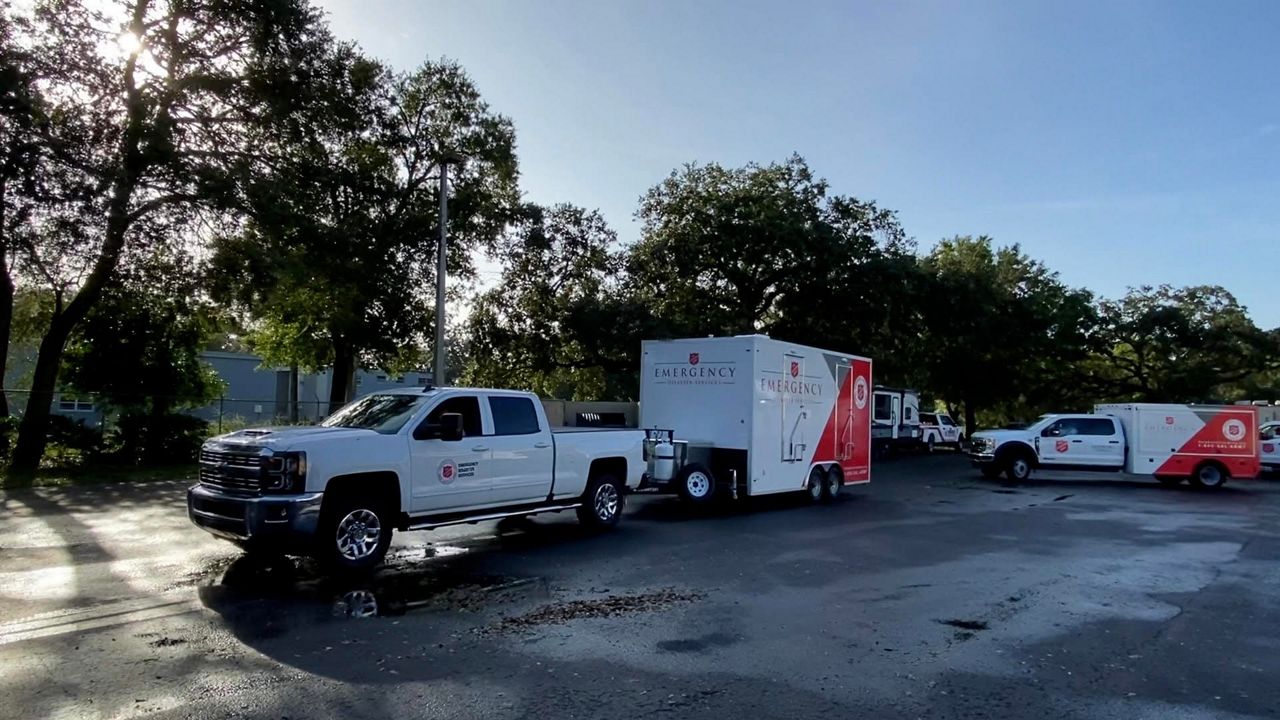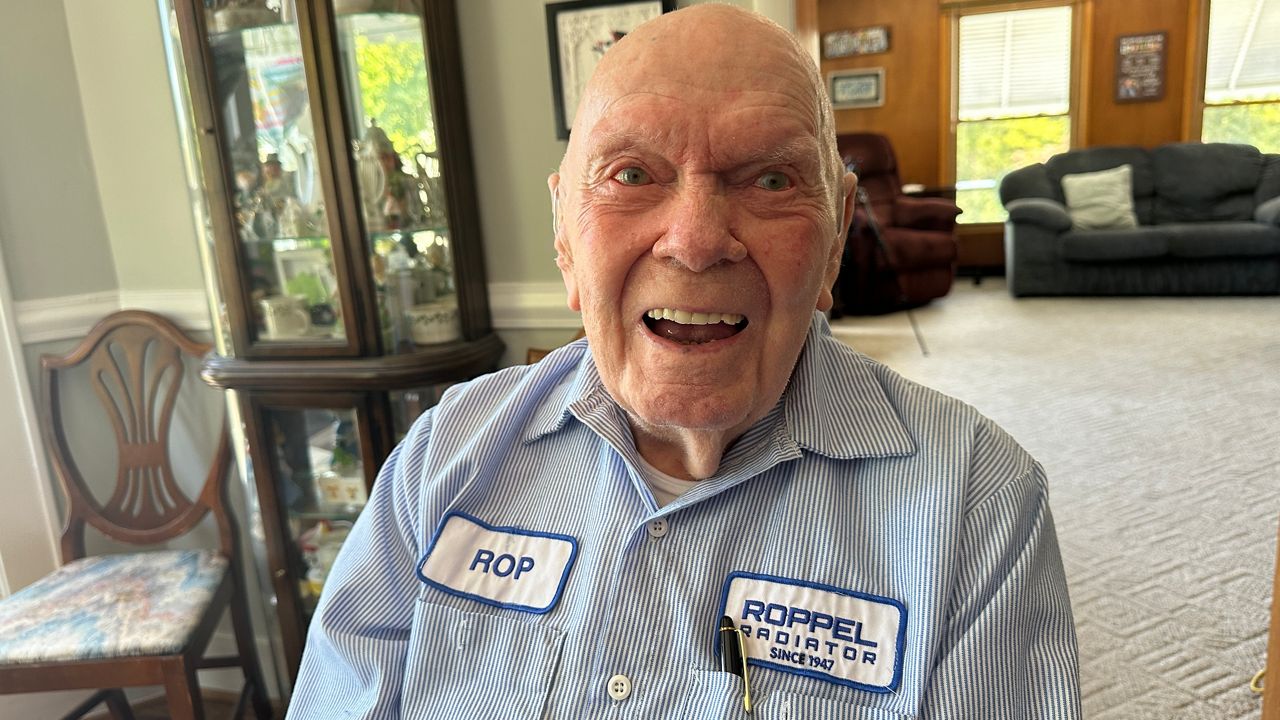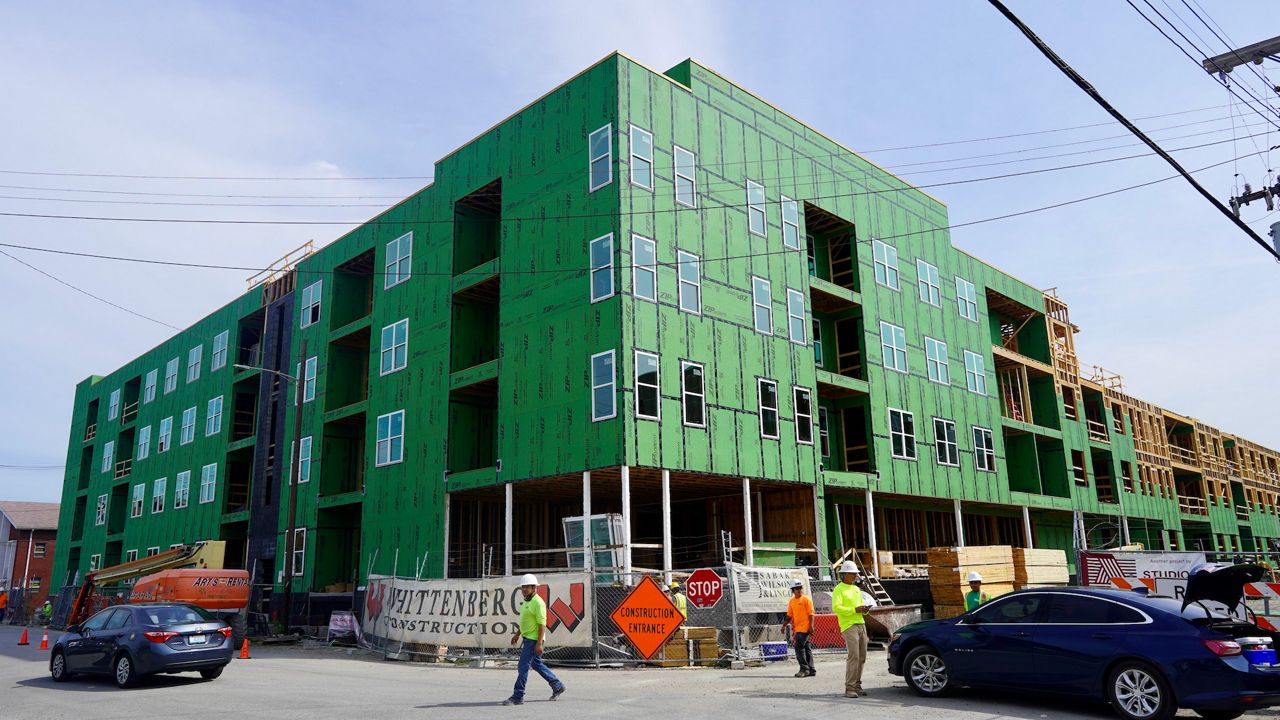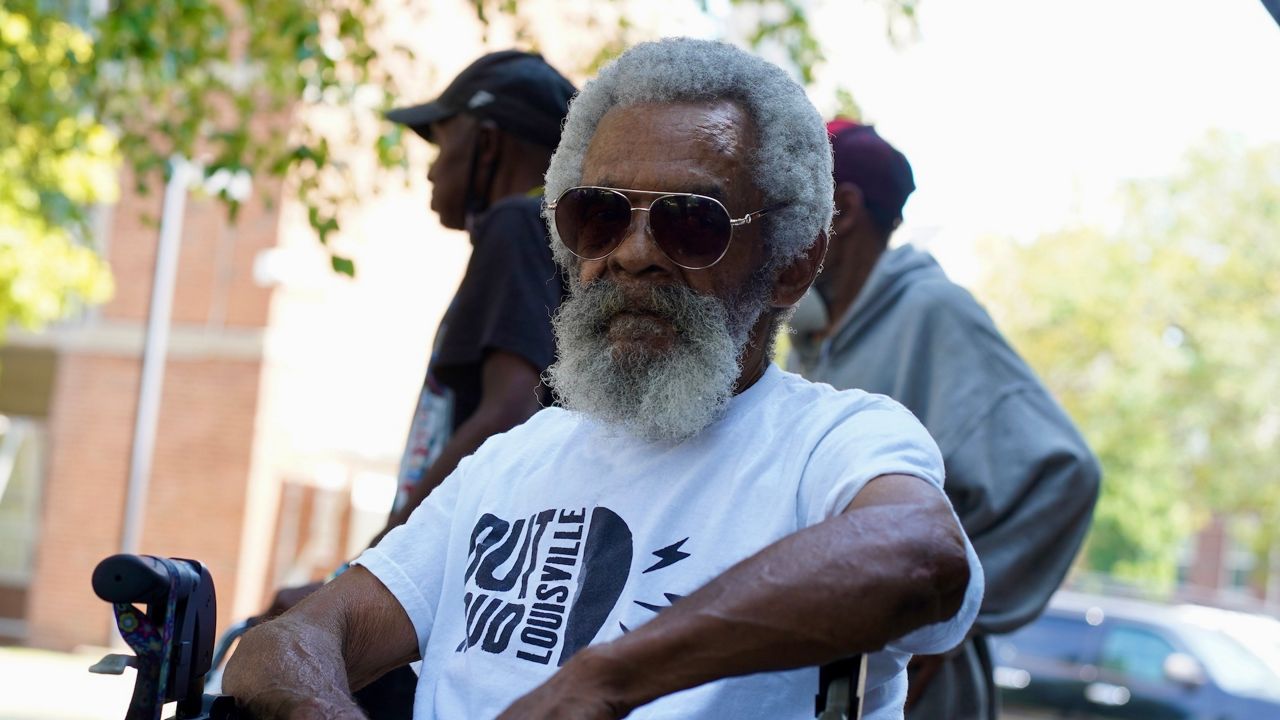LOUISVILLE, Ky. — The Safer Kentucky Act went into effect on July 15 and it includes a no camping provision.
With the law going into effect, the debate over the law has switched to questions to how Louisville will enforce it.
Mayor Craig Greenberg, D-Louisville, said citizens have the right to safely move around the city and he says he will protect that right.
“Wherever you might be, you have a right to safe and healthy streets. At the same time, individuals who are on the streets for the wrong reasons and creating disturbances we will hold them accountable,” Greenberg said.
While the Safer Kentucky Act outlaws camping in public spaces, Louisville has for years cleared several homeless encampments if they were deemed an immediate health and safety risk. That also involved advanced public notices ahead of such clearings. The SFA gives cities like Louisville much more latitude on how it addresses camping in public without meeting a threshold of an immediate safety risk.
“But let me be very clear when it comes to individuals who are experiencing homelessness the best thing, we can do is provide them for more services and shelter,” Greenberg added.
In the same week the SFA went into effect, Andrew Crawford is preparing to open an expanded emergency shelter space in downtown Louisville, called Re:Center Ministries. It’s located on the same street as the Hope Village and the Salvation Army’s Male campus.
“This location is critical for two reasons. It affords us more space to utilize for our program and services. So, we anticipate a higher level of foot traffic in our women’s day services and we are also expanding our overnight shelter,” Crawford said.
“It’s providential and exciting that our ministry is able to expand to 12 beds to a 40-bed shelter,” Crawford continued.
Re:Center will also continue to offer residential long-term recovery programs at its new and larger location.
“We want to provide a safe haven, a safe space that addresses both the immediate need but also the base level, root causes of homelessness,” Crawford said.
The forthcoming “Community Care Campus,” a Greenberg initiative, is located only several blocks away from Re:Center. Once open, the Care Campus will provide shelter space and wrap-around services for homeless residents.
“Our homeless services division with our Resilience and Community Services team, they are approaching those individuals and working them to get them services that they need to help them get them on their way to help them find support,” Greenberg said.










